Puppies are precious, but they can exhibit unwanted behaviors, and have to be taught to behave appropriately. This learning process can be unsuccessful if you don’t take the right steps. Our team at Marcy Veterinary Clinic wants to help by providing information on how to address certain behavior issues, to ensure your puppy becomes a well-behaved adult dog.
Addressing jumping puppies
Puppies frequently jump on people to gain attention. This behavior can be cute in a puppy, but when they get older, especially if they are a large- or giant-breed dog, jumping on people can be dangerous. Addressing this issue early is important, to stop the behavior before becoming a problem. Follow these steps to manage and train your puppy to stop jumping:
- Restrain your puppy — While you are training your puppy proper behavior, restrain them from jumping when they meet new people. You can confine them to their crate or another room, or keep them on a short leash.
- Keep greetings calm and quiet — Excitement can play a role when a puppy jumps, so always greet your puppy in a calm and quiet manner to avoid exacerbating their emotions.
- Ignore your puppy — If your puppy jumps on you, turn your back, and ignore them until they keep all four feet on the ground. Once they are behaving appropriately, you can give them the attention they desire.
- Teach your puppy to sit — Teaching your puppy to “Sit” is extremely helpful when training them to not jump. Once they understand and respond consistently to the command, you can tell them to “Sit” anytime they meet someone new.
- Ensure everyone knows the rules — For successful training, everyone who interacts with your puppy must follow the rules and not allow jumping behavior.
Addressing chewing puppies
Chewing is important for puppies, because this activity helps them explore their world, relieves teething pain, and mitigates stress and anxiety. However, you want them to chew on appropriate objects, rather than your favorite pair of shoes, or your child’s science project. Steps to manage your puppy’s chewing behavior include:
- Put away valuable belongings — In the early stages, you will need to be vigilant about putting away valuable belongings, to ensure your puppy doesn’t decide these items make a good chew toy.
- Crate train your puppy — Crate training is important for many reasons, and crating your puppy while you are away from home can ensure they don’t find off-limits objects to chew.
- Provide appropriate chew toys — Since chewing is so important for your puppy, you should provide appropriate chew toys that allow them to address this need. Ensure the toy is large enough they can’t choke on the toy, or any toy pieces. Ensure the toy can’t easily be torn apart and ingested, which would create a gastrointestinal obstruction, and ensure the toy isn’t too hard, which could damage your puppy’s mouth.
- Interrupt your puppy — If you catch your puppy red-handed chewing an inappropriate item, interrupt them by clapping your hands loudly, and quickly switch out the item with an appropriate toy.
- Don’t punish your puppy — If your puppy has chewed an off-limits object, don’t punish them. They won’t be able to connect the punishment with the behavior, and they will only become stressed and afraid of you.
Addressing play biting puppies
Your puppy may be small, but their sharp, needle-like teeth can be painful when they bite. In addition, puppies who don’t learn how to moderate their bite strength are more likely to bite as an adult dog. Steps to train your puppy not to bite include:
- Stop playing — If you are playing with your puppy, and they bite too hard, immediately stop playing, turn around, and tuck your hands in your armpits. This will signal to your puppy that biting means no more fun.
- Avoid rough housing — Avoid any games that encourage play biting or any rough behavior.
- Provide appropriate exercise — Ensure your puppy receives plenty of exercise to work off excess energy they could use to play bite.
- Confine your puppy to a crate — If your puppy gets over excited, give them a time-out in their crate until they calm down.
- Offer an alternative — If your puppy starts to bite too hard when you are playing, divert their attention with an alternative chew toy.
- Never hit your puppy — Never resort to violence to punish your puppy. This may make them more aggressive.
Addressing barking puppies
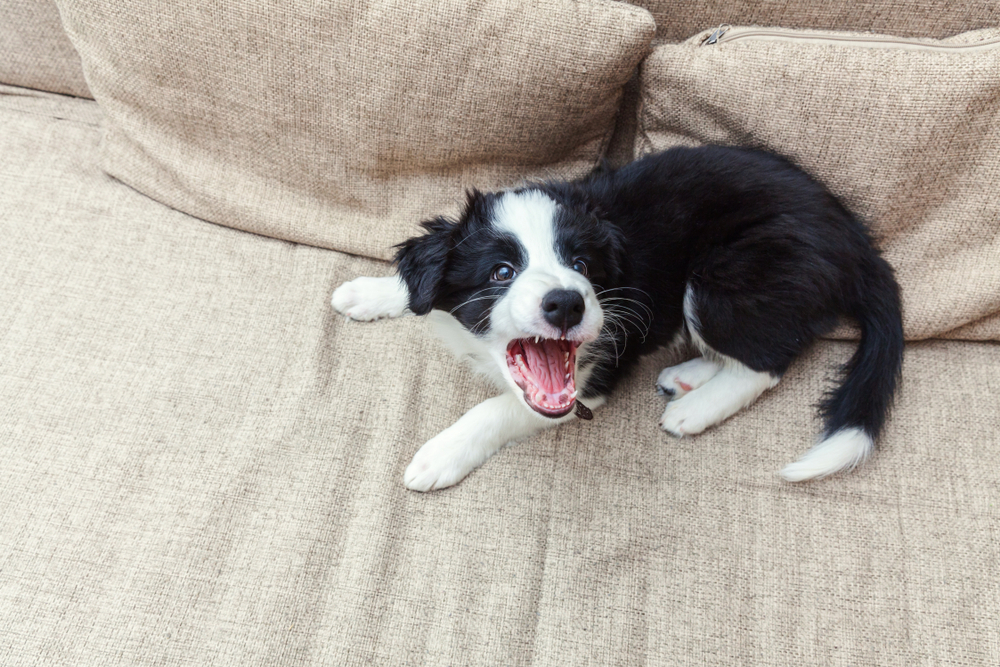
Barking is a normal puppy expression, and they use vocalization to play, greet you and other pets, and to defend themselves. However, if they are constantly barking, this behavior can become annoying. Steps to train your puppy not to bark inappropriately include:
- Socialize your puppy — Expose your puppy to as many new experiences as possible, so they aren’t afraid when they encounter new people and circumstances.
- Perform door drills — If your puppy barks when someone visits your home, practice by having a friend knock or ring your doorbell. When they enter your home, have them offer treats, so your puppy associates positivity with a ringing doorbell.
- Ensure your puppy isn’t bored — Some puppies bark because they are bored. Offer treats in food puzzle toys to keep them occupied while you are away.
- Don’t yell at your puppy — Yelling can be interpreted by a puppy as barking, and they may respond by barking louder.
Don’t let behavior problems ruin your relationship with your puppy. Follow our advice to help your puppy become a well-adjusted and well-behaved adult dog. If you are concerned about your puppy’s behavior, contact our team at Marcy Veterinary Clinic. We can help.


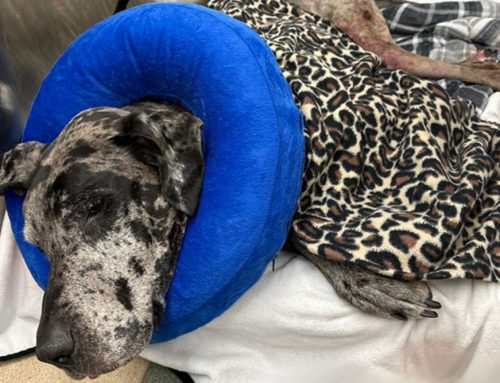
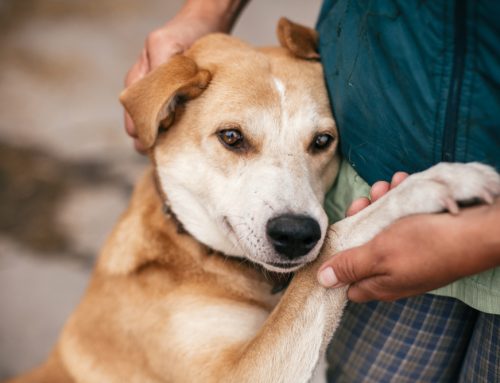
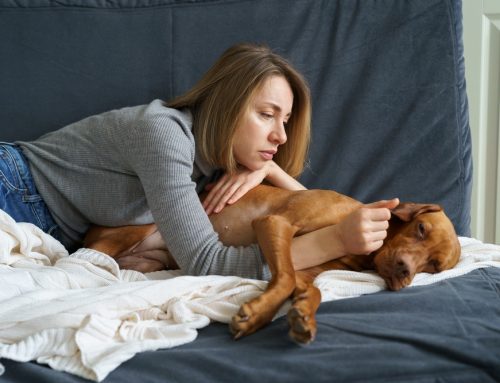
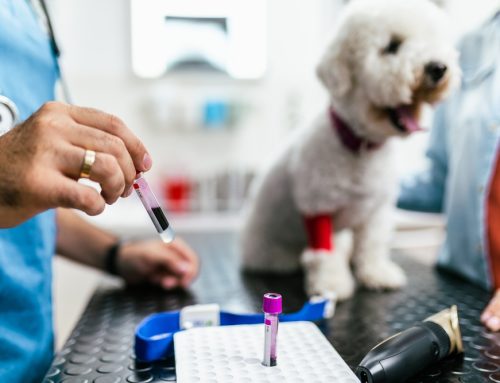


Leave A Comment